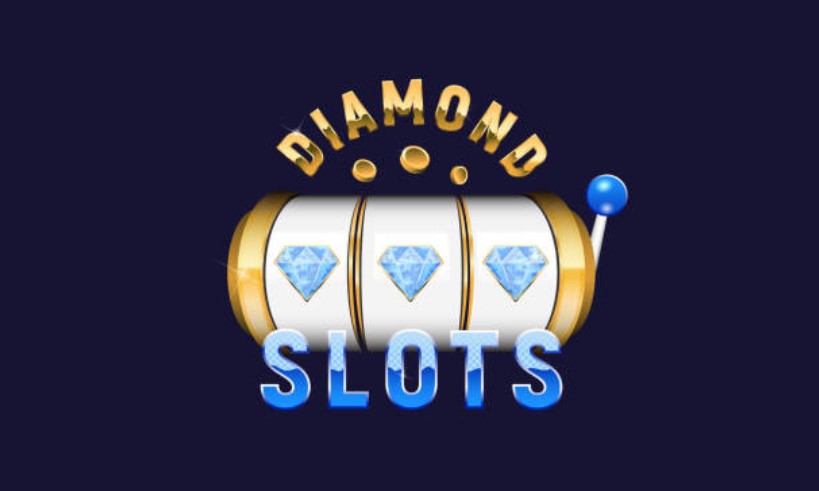Virtual Reality (VR) technology has been making waves across various industries, and the realm of online gaming is no exception. In recent years, Virtual Reality Slots have emerged as a promising frontier, blending immersive gameplay with the thrill of traditional slot machines. This article explores the potential of VR Slots, their impact on the gaming industry, and what the future holds for this innovative gaming experience.
Understanding Virtual Reality Slots
Virtual Reality Slots represent a significant evolution from traditional online spaceman demo. Unlike conventional slot games, which are played on a two-dimensional screen, VR Slots transport players into a three-dimensional virtual environment. Players can explore interactive and visually stunning worlds, enhancing their gaming experience with a heightened sense of realism.
In VR Slots, players use VR headsets to enter virtual casinos or themed environments where slot machines are placed realistically within the digital space. This setup allows for a more immersive experience, as players can physically look around, interact with objects, and even socialize with other players in real-time.
The Technology Behind VR Slots
The backbone of Virtual Reality Slots lies in advanced VR technology. Modern VR headsets, such as Oculus Rift, HTC Vive, and PlayStation VR, offer high-resolution displays and precise motion tracking capabilities. These devices create a sense of presence, making players feel like they are physically present in the virtual world.
Developers use cutting-edge graphics and 3D modeling techniques to create intricate virtual environments for VR Slots. Every detail, from the slot machine designs to the surrounding scenery, is crafted to enhance immersion and engagement. Sound plays a crucial role as well, with spatial audio techniques further amplifying the realism of the experience.
Immersive Gameplay and Interactivity
One of the key attractions of VR Slots is their immersive gameplay. Players can interact with slot machines using hand controllers, mimicking the act of pulling levers or pressing buttons. The tactile feedback adds a layer of realism, making every spin feel more dynamic and engaging.
Beyond the gameplay mechanics, VR Slots also offer interactive elements that go beyond traditional slots. Players can explore bonus rounds and mini-games within the virtual environment, where their actions directly influence outcomes. This level of interactivity transforms the passive nature of slot gaming into an active and participatory experience.
Advantages of VR Slots Over Traditional Slots
VR Slots bring several advantages over their traditional counterparts. Firstly, they offer a more immersive and engaging experience, appealing to both seasoned gamers and casual players looking for new thrills. The sense of presence and realism can enhance the entertainment value, making each gaming session more memorable.
Additionally, VR Slots have the potential to attract a broader audience. The novelty of VR technology attracts tech enthusiasts and early adopters, while the intuitive nature of gameplay makes it accessible to newcomers. This accessibility factor could potentially expand the demographic reach of slot mahjong ways 2 gaming beyond traditional boundaries.
Challenges and Considerations
While Virtual Reality Slots hold tremendous promise, several challenges need to be addressed for widespread adoption. The cost of VR equipment, although decreasing, remains a barrier for some players. Moreover, developing high-quality VR content requires significant investment in technology and expertise, which may limit the availability of VR Slots in the short term.
Another consideration is motion sickness, which can affect some individuals when using VR headsets for extended periods. Developers are continually refining techniques to minimize discomfort and optimize the VR experience for all users.
The Future of VR Slots
Looking ahead, the future of VR Slots appears promising. As VR technology continues to evolve, we can expect more sophisticated and immersive experiences. Developers are likely to explore new themes, gameplay mechanics, and social interactions to keep pace with player expectations and technological advancements.
Moreover, the integration of VR with other emerging technologies such as artificial intelligence (AI) and blockchain could further enhance the capabilities of VR Slots. AI-driven gameplay customization and blockchain-based ownership of virtual assets are just a few examples of potential innovations that could reshape the landscape of VR gaming.
Conclusion
In conclusion, Virtual Reality Slots represent a significant leap forward in the world of online gaming. By combining immersive technology with the thrill of traditional slot machines, VR Slots offer a unique and engaging experience for players. While challenges exist, the ongoing advancements in VR technology and game development suggest a bright future ahead. As more players embrace VR Slots, they may very well become the next big thing in gaming, setting new standards for interactive entertainment in the digital age.
Sebastian is an accomplished author with a passion for storytelling. His works span various genres, from thrilling mysteries to heartfelt romance novels. With a keen eye for detail and a knack for character development, Sebastian weaves engaging narratives that captivate readers and transport them to new worlds.
